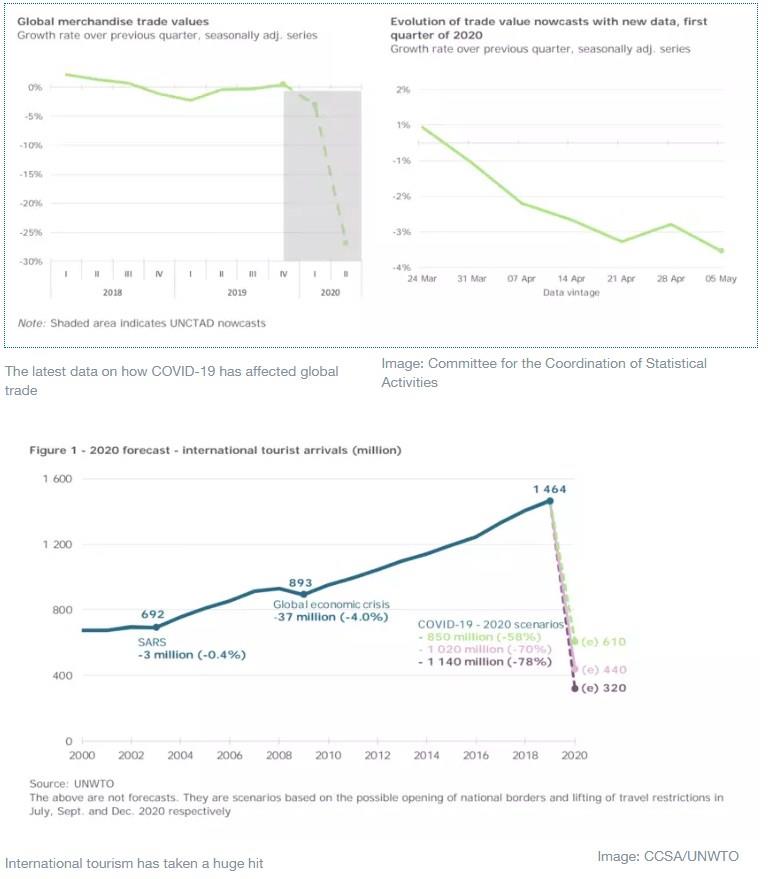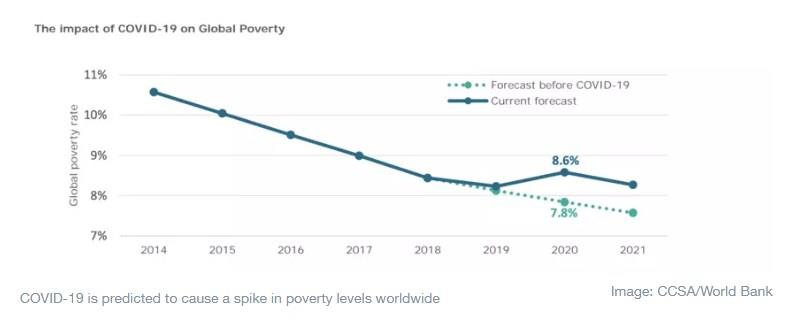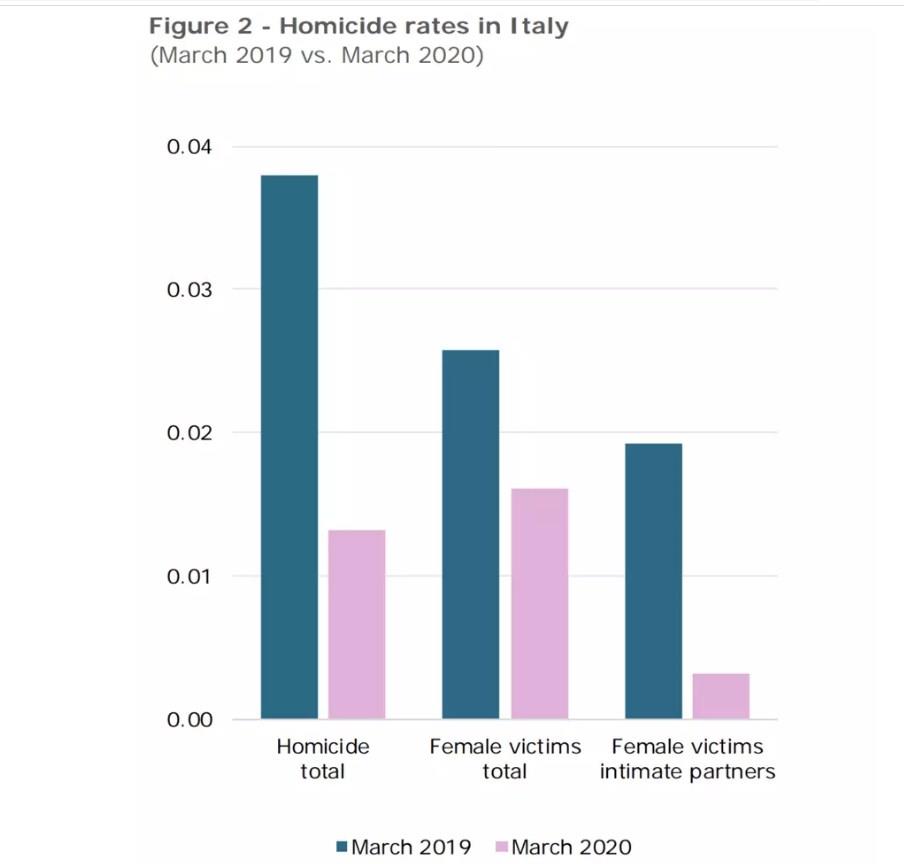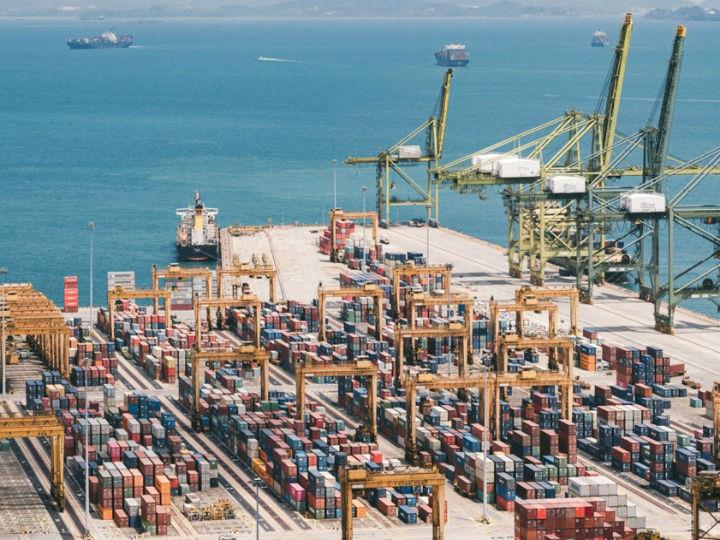by Steve MacFeely, Angela Me and Haishan Fu*
-A new report offers statistical insights into the changes COVID-19 has wrought on the world.
-The pandemic poses its own problems for statisticians, however.
-A global effort is needed to support statisticians - especially those in low-income countries, who may be struggling.
We are living through unprecedented times. The impact of the novel coronavirus and the disease it causes, COVID-19, has reverberated through every corner of the globe — taking lives, destroying livelihoods, and changing everything about how we interact with each other and the world.
At a time of crisis, governments more than ever must rely on timely, reliable data to make decisions to mitigate harm and support their citizens. What’s more, given the grave impacts of the coronavirus pandemic on our interconnected world, decisions made today will have consequences that will last far into the future, affecting people in every region and community.
That’s why the Committee for the Coordination of Statistical Activities (CCSA), a partnership of international and supranational organizations, has just released its new report: How COVID-19 is changing the world: a statistical perspective. The report aims to share information on the impacts of the novel coronavirus across a range of areas, including its economic, social and statistical impacts on regions and countries.
The trends seen over the past few months would have been unimaginable in 2019. New statistical records are being set on an almost weekly basis. On the economic side, for example, the aviation industry is facing its deepest-ever crisis, with 90% of the global fleet grounded. Meanwhile, global commodity prices have seen their largest fall on record, dropping 20.4% in the month to March 2020. Global trade for the second quarter of 2020 is now forecasted to drop by a precipitous 27% compared with the same quarter last year. Tourism is forecasted to fall this year by between 58% to 78%.

In terms of social costs, the education of 1.6 billion learners has been disrupted; that is 9 out of every 10 students in the world. Unsurprisingly, urban areas - which account for more than 90% of COVID-19 cases - are bearing the brunt of the pandemic. The Lockdown measures have reduced violence in countries with a relatively low homicide rate, such as Italy, but has had little or no impact on violence in countries with high levels of organized crime and gang violence driven homicide.
Meanwhile, efforts to eliminate extreme poverty are being set back immensely, with global poverty expected to increase for the first time since the 1998 Asian Financial Crisis. Nowcasts shows that 40 to 60 million people are expected to be pushed into extreme poverty in 2020—that is, living on less than $1.90 a day—as a result of the coronavirus pandemic. At the same time, the threat to children who are already impoverished is expected to be catastrophic, given the expected long-term impacts tied to lack of access to life-saving vaccinations, increased risk of violence, and interruptions to education.

The reason that the international organisations can share this snapshot into the impacts of COVID-19 is because of the existing investments that have been made by the international community in the field of statistics.
Unfortunately, the pandemic poses a significant challenge to this vital information stream. Statistical capacity is being squeezed around the globe, particularly in low-income countries that have limited resources to invest into their public goods. Furthermore, the 2020 round of censuses which were scheduled to take place in more than 120 countries are at grave risk of falling behind or being cancelled, limiting our collective ability to ensure representative data to guide policies.

The collaborative effort involved in putting together this new statistical report—bringing together 36 international organizations to provide high-quality statistics on COVID-19 and its impacts is as an example of the kind of collaboration that will be critically needed going forward.
The Chief Executives Board of the United Nations has reinforced this point. At their virtual meeting of May 14, board members "welcomed How Covid-19 is Changing the World: a Statistical Perspective, published by the CCSA, as a strong example of what the international statistical community can achieve when confronted with a dire global challenge".
It is essential that the international statistical community continue to work closely together, particularly to support struggling statistical offices in low-income countries. In the troubled times that lie ahead, timely and accurate statistics are our best bet to ensure that no one is left behind.
*Chief Statistician, UNCTAD and CCSA Co-chair& Chief of the Research and Trend Analysis Branch, UNODC and CCSA Co-chair and Director of the Development Data Group , World Bank
**first published in: www.weforum.org




 By: N. Peter Kramer
By: N. Peter Kramer
